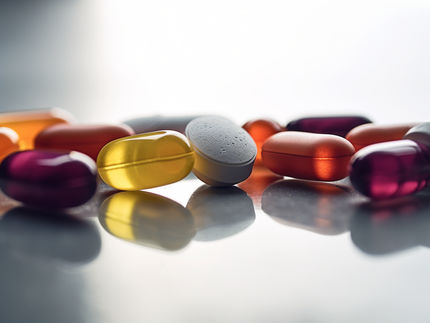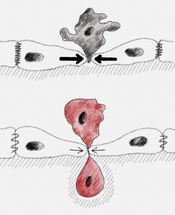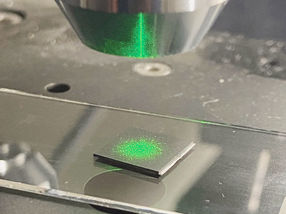Case Western Reserve researcher discovers new 'anti-pathogenic' drugs to treat MRSA
'Anti-pathogenic' drugs block MRSA's production of toxins thus rendering the bacteria harmless, treating the infection and potentially eliminating concern for resistance
Menachem Shoham, PhD, associate professor and researcher in the department of biochemistry at the Case Western Reserve University School of medicine, has identified new anti-pathogenic drugs that, without killing the bacteria, render Methicillin Resistant Staphylococcus Aureus (MRSA) harmless by preventing the production of toxins that cause disease.
"Staph bacteria are ubiquitous and normally do not cause infections, however, occasionally these bacteria become harmful due to their secretion of toxins," said Dr. Shoham. "We have discovered potential "anti-pathogenic" drugs that block the production of toxins, thus rendering the bacteria harmless. Contrary to antibiotics, these new anti-pathogenic drugs do not kill the bacteria. And since the survival of the bacteria is not threatened by this approach, the development of resistance, like that to antibiotics, is not anticipated to be a serious problem."
Dr. Shoham identified a bacterial protein, known as AgrA, as the key molecule responsible for the release of toxins. AgrA, however, needs to be activated to induce toxin production. His goal was to block the activation of AgrA with a drug, thus preventing the cascade of toxin release into the blood that can lead to serious infections throughout the body.
The screening for AgrA inhibitors was initially carried out in a computer by docking a library of 90,000 compounds and finding out which compounds would fit best into the activation site on AgrA. Subsequently, about one hundred of the best scoring compounds were acquired and tested in the laboratory for inhibition of the production of a toxin that ruptures red blood cells. Seven of these compounds were found to be active. Testing compounds bearing chemical similarity to the original compounds lead to the discovery of additional and more potent compounds.
More than a dozen active compounds have been discovered by this method. The best drug candidate reduces red blood cell rupture to 12% of the value without the drug at a concentration of 10 µg/mL, without affecting bacterial growth..
"It is possible to inhibit virulence of MRSA without killing the bacteria," continued Dr. Shoham. "Such anti-pathogenic drugs may be used for prophylaxis or therapy by themselves or in combination with an antibiotic."
Most read news
Organizations
Other news from the department science

Get the life science industry in your inbox
By submitting this form you agree that LUMITOS AG will send you the newsletter(s) selected above by email. Your data will not be passed on to third parties. Your data will be stored and processed in accordance with our data protection regulations. LUMITOS may contact you by email for the purpose of advertising or market and opinion surveys. You can revoke your consent at any time without giving reasons to LUMITOS AG, Ernst-Augustin-Str. 2, 12489 Berlin, Germany or by e-mail at revoke@lumitos.com with effect for the future. In addition, each email contains a link to unsubscribe from the corresponding newsletter.





















































